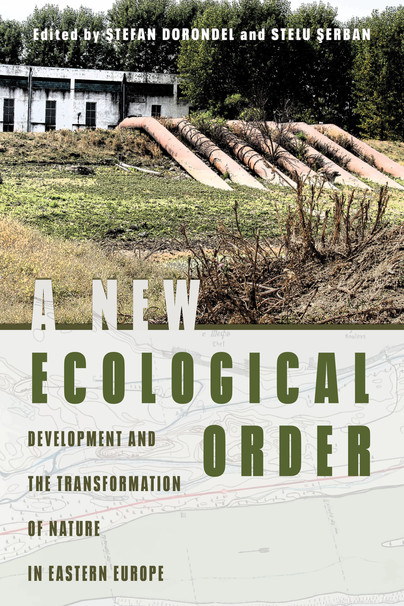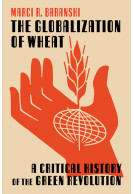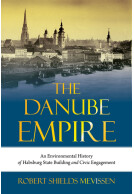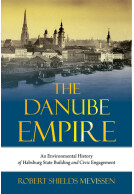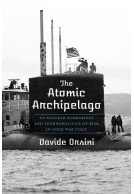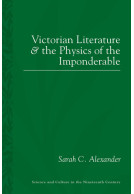A New Ecological Order (Hardback)
Development and the Transformation of Nature in Eastern Europe
Imprint: University of Pittsburgh Press
Series: Intersections: Histories of Environment
Pages: 300
Illustrations: 10 b&w illustrations
ISBN: 9780822947172
Published: 28th September 2022
Script Academic & Professional
Series: Intersections: Histories of Environment
Pages: 300
Illustrations: 10 b&w illustrations
ISBN: 9780822947172
Published: 28th September 2022
Script Academic & Professional
You'll be £39.50 closer to your next £10.00 credit when you purchase A New Ecological Order. What's this?
+£4.99 UK Delivery or free UK delivery if order is over £40
(click here for international delivery rates)
Order within the next 4 hours, 10 minutes to get your order processed the next working day!
Need a currency converter? Check XE.com for live rates
(click here for international delivery rates)
Order within the next 4 hours, 10 minutes to get your order processed the next working day!
Need a currency converter? Check XE.com for live rates
The rise of industrial capitalism in the 19th century forged a new ecological order in North American and Western European states, radically transforming the environment through science and technology in the name of human progress. Far less known are the dramatic environmental changes experienced by Eastern Europe, in many ways a terra incognita for environmental historians and anthropologists.
A New Ecological Order explores, from a historical and ethnographic perspective, the role of state planners, bureaucrats, and experts – engineers, agricultural engineers, geographers, biologists, foresters, and architects – as agents of change in the natural world of Eastern Europe from 1870 to the early 21st century. Contributors consider territories engulfed by empires, from the Habsburg to the Ottoman to tsarist Russia; territories belonging to disintegrating empires; and countries in the Balkan Peninsula, Central and Eastern Europe, and Eurasia. Together, they follow a rhetoric of 'correcting nature', a desire to exploit the natural environment and put its resources to work for the sake of developing the economies and infrastructures of modern states. They reveal an eagerness among newly established nation-states, after centuries of imperial economic and political impositions, to import scientific knowledge and new technologies from Western Europe that would aid in their economic development, and how those imports and ideas about nature ultimately shaped local projects and policies.
Other titles in the series...
Other titles in University of Pittsburgh Press...







